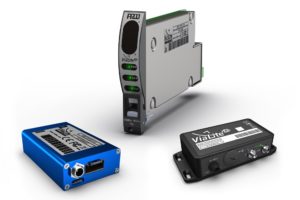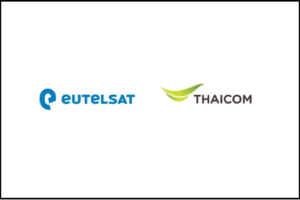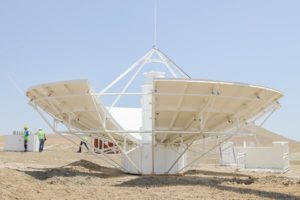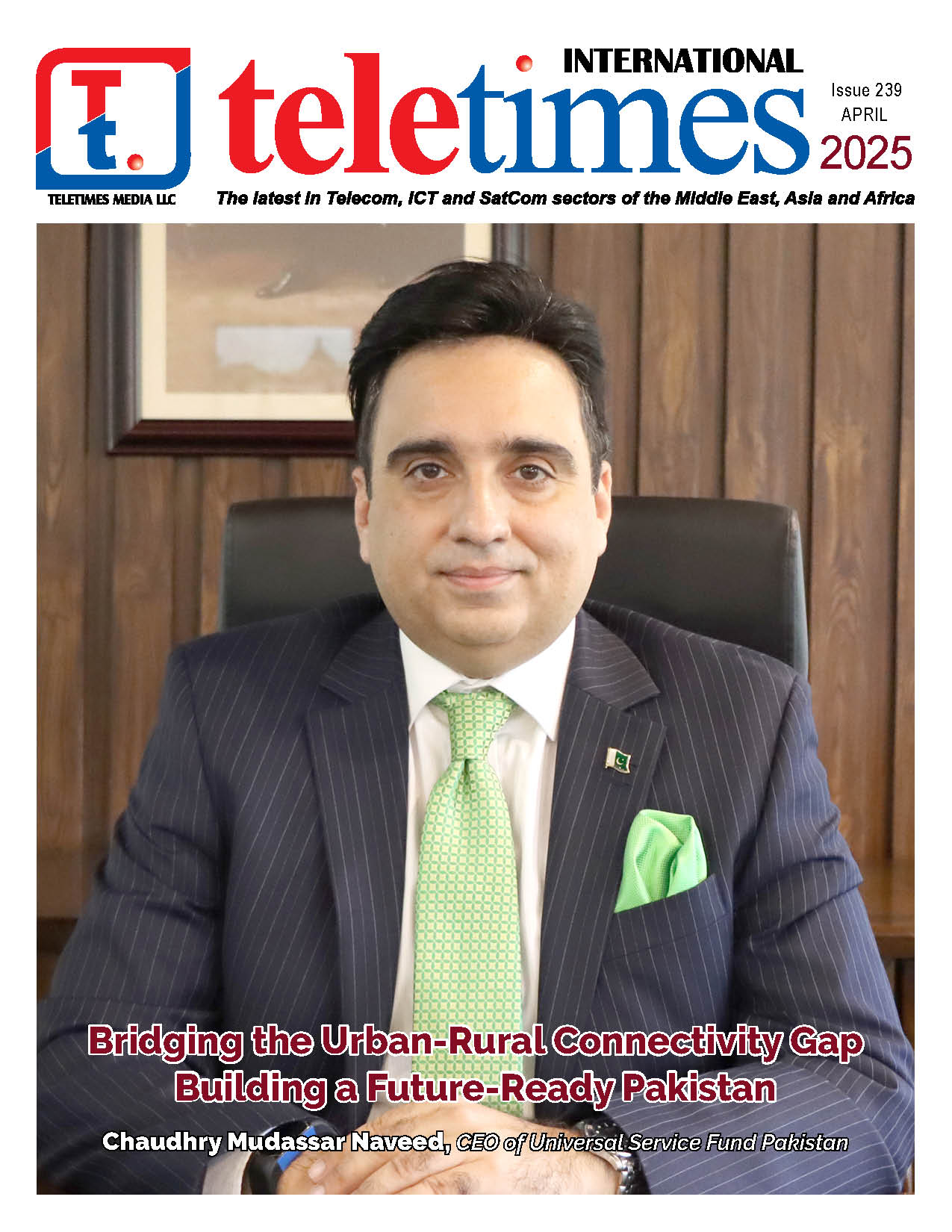Nokia has announced a new collaboration with UNICEF to bridge the digital divide by helping to improve digital education and training in schools in select parts of Senegal, West Africa. This activity is in line with Nokia’s enhanced Environmental, Social and Governance (ESG) strategy, as well as Nokia’s commitment to advance digital skills.
Nokia is focused on the role its products play in solving some of the world’s most pressing challenges, using connectivity and digitalization to restore stalled productivity, provide inclusive access to opportunity and relieve pressure on the environment and natural ecosystems.
Nicole Robertson, Vice President, Environmental Social and Governance at Nokia, said: “Nokia plays an important role in bridging the digital divide by providing connectivity to unconnected and underserved communities. Connectivity, when coupled with digital skills, creates greater opportunity for employment, access to education and healthcare and participation in the digital economy. I am therefore delighted to announce Nokia’s partnership with UNICEF to advance digital skills and coding for children and young people in Senegal.”
The project with UNICEF Finland and UNICEF Senegal will involve teachers, as well as students in underserved areas in Senegal. The focus will be on digital education and training activities so students can develop their digital skills, including coding.
Silvia Danailov, UNICEF Representative in Senegal: “UNICEF works to ensure that no child or young person is left behind in the digital revolution. No matter who they are, where they live, or where they come from, all children should benefit from the innovations that digital technologies bring to education – inside the classroom or at home. This catalytic partnership with Nokia is a major step in furthering quality education through innovative technology for children in Senegal.”












